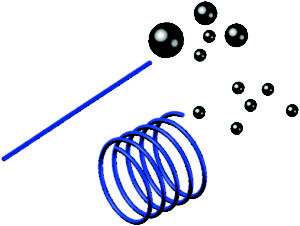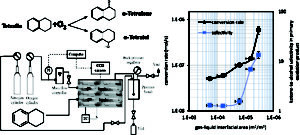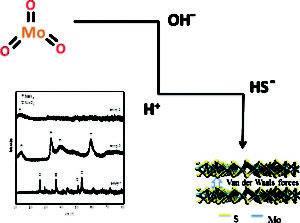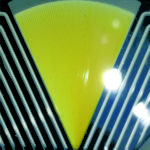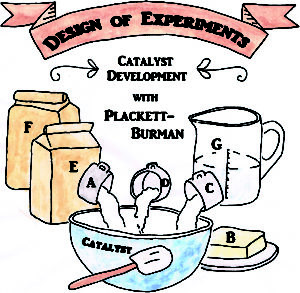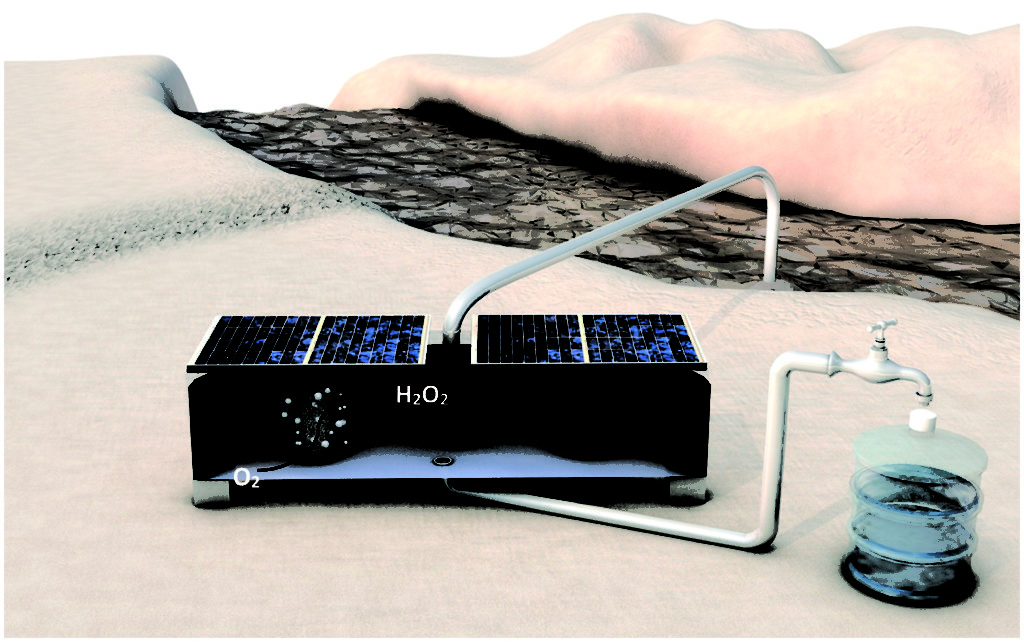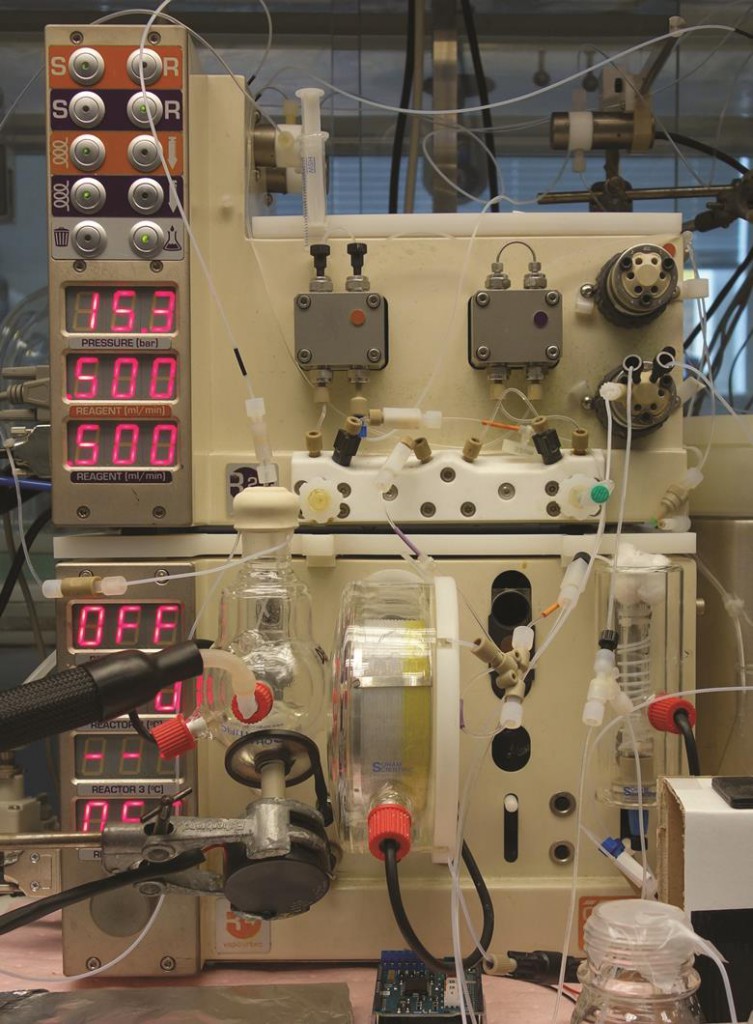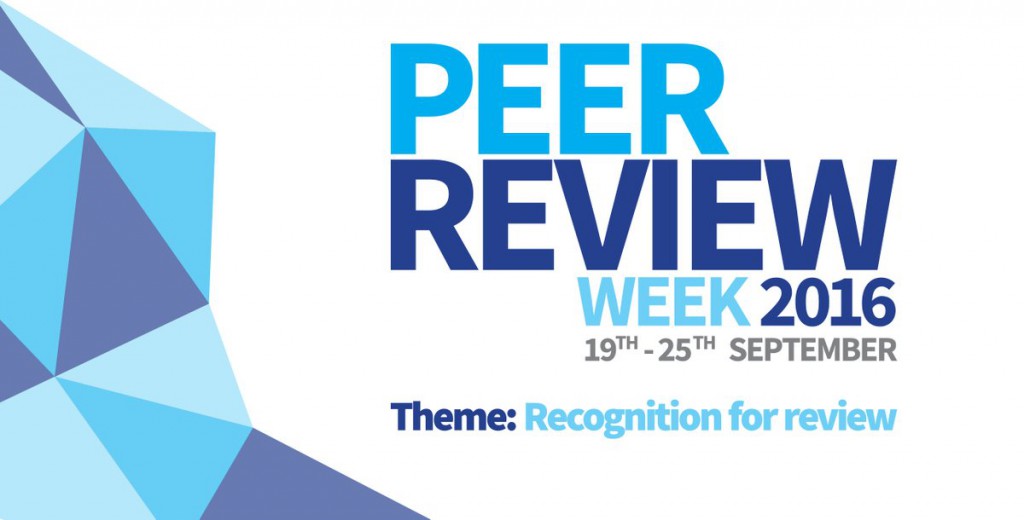Since the first issue of Reaction Chemistry & Engineering in 2016, the journal has showcased two special issues dedicated to work carried out by researchers in the earlier stages of their research careers:
- Reaction Chemistry & Engineering Emerging Investigators 2017
- Reaction Chemistry & Engineering Emerging Investigators 2019
We hope the reaction engineering community has found these issues to be valuable, both in the high quality of the articles and in drawing attention to newer voices in the community. The journal editors and Editorial Board consider these issues in particular to have been highly successful.
In light of the disruption to research programmes worldwide in 2020 we have taken the opportunity to reassess the format of this initiative.
We are now excited to announce the launch of the Reaction Chemistry & Engineering Emerging Investigators Series.
What is changing?
In place of a dedicated journal issue, Emerging Investigators papers will be published throughout each year. We anticipate the following benefits to this change:
- No fixed submission deadlines allowing more flexibility for authors
- Continual exposure of exciting work from early-career members of the community
- Greater emphasis and focus on individual authors and research groups
We hope for this to help address the immediate concern of disrupted research schedules, while also offering a better service to our authors and readers well into the future.
What is not changing?
While we will no longer dedicate a specific journal issue to our Emerging Investigators, all other aspects of this initiative will remain the same. This includes:
- Eligibility criteria (see below)
- A dedicated web page for published articles alongside our other collections
- Rigour and speed in peer review
- An overall objective to showcase the full diversity of cutting-edge research carried out by newer voices in the reaction engineering community worldwide.
The Reaction Chemistry & Engineering Emerging Investigators Series will also remain an invitation-only initiative, with nominations curated by our Editorial and Advisory Board members. We will however consider additional applications and nominations on their own merit.
What happens now?
The Reaction Chemistry & Engineering Editorial Office will contact nominated Emerging Investigators throughout the year.
Regarding eligibility, contributors must:
- Publish research within the journal scope
- Currently be an independent research leader
- Have not been featured as an Emerging Investigator in a previous Reaction Chemistry & Engineering Emerging Investigators issue or series article.
- Have either a) received their PhD no earlier than 01 January of the year 12 years prior to the year of submission, or b) have no more than 12 years of post-PhD research experience on 01 January in the year of submission when taking into account any career breaks.
(For example: for submission in 2021 an eligible contributor must have either a) a PhD awarded on or after 01 January 2009, or b) no more than 12 years of post-PhD research experience by 01 January 2021)
Authors previously featured as Reaction Chemistry & Engineering Emerging Investigators may with no restriction be co-authors on subsequent papers in the Reaction Chemistry & Engineering Emerging Investigators Series, but they may not be the sole eligible corresponding author, and will not be featured as Emerging Investigators more than once.
Contributors will be required to confirm their eligibility by sending their CV to the journal editors.
Footnote on our Outstanding Early-Career Paper Award
You may note that the eligibility criteria for the Reaction Chemistry & Engineering Emerging Investigators Series are the same as for the annual journal Outstanding Early-Career Paper Award.
Read more about the 2019 winner Prof. Heidrun Gruber-Woelfler
All papers published as part of the Reaction Chemistry & Engineering Emerging Investigators Series will automatically be considered for this award, unless the featured author is a previous winner of this award.
Subsequent papers published in the journal by previously-featured Emerging Investigators will still qualify for consideration for the Outstanding Early-Career Paper Award if they meet the Award criteria, unless the featured author is a previous winner of this award. Their subsequent papers will however not be eligible for inclusion in the Emerging Investigators Series. For authors in this situation we repeat the following guidance:
To have your paper considered for the annual Reaction Chemistry & Engineering Outstanding Early-Career Paper Award, indicate when prompted upon submission of your revised manuscript if a corresponding author of the paper fulfils these criteria. Multiple eligible authors of a winning paper will share the prize fund equally. You can contact the editors at reactionchemeng-rsc@rsc.org if you have any queries.











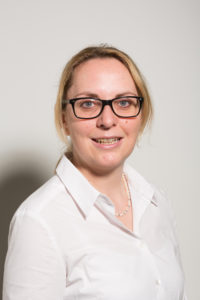
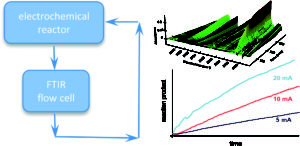 In situ FTIR spectroscopic monitoring of electrochemically controlled organic reactions in a recycle reactor
In situ FTIR spectroscopic monitoring of electrochemically controlled organic reactions in a recycle reactor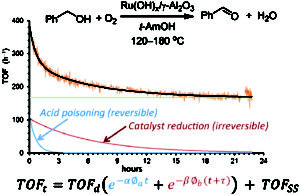 Catalysis in flow: O2 effect on the catalytic activity of Ru(OH)x/γ-Al2O3 during the aerobic oxidation of an alcohol
Catalysis in flow: O2 effect on the catalytic activity of Ru(OH)x/γ-Al2O3 during the aerobic oxidation of an alcohol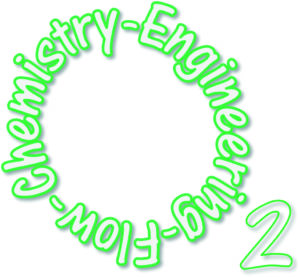 Aerobic oxidations in flow: opportunities for the fine chemicals and pharmaceuticals industries
Aerobic oxidations in flow: opportunities for the fine chemicals and pharmaceuticals industries